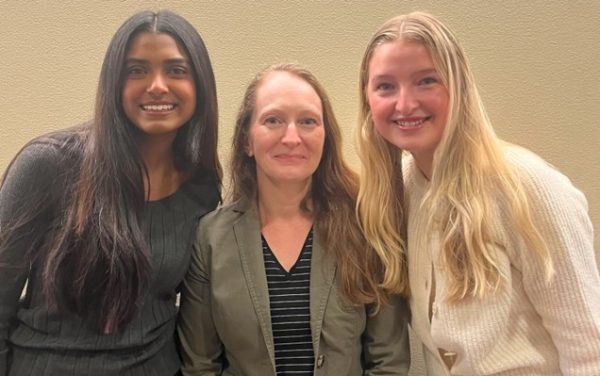Publications:
ORCID Link; National Library of Medicine; Google Scholar Link
Men’s Voices on Aging
This project seeks to insert men’s voices into efforts to promote healthy aging by gathering and sharing Black and White men’s insight on how society’s ideas about older adults affect their lives, health, and use of healthcare.
Partners: University of Wisconsin
Experiences of Aging in Society

This project examines racial/ ethnic variations in reported ageism and linkages to health among US adults ages 50+ and investigates how ageism may affect psychological, behavioral, and biological stress responses implicated in poor health.
Partners: University of Oklahoma, University of Wisconsin, Michigan Integrative Well-Being and Inequality (MIWI), Michigan Center for Urban African American Aging Research
Article: Black-White differences related to ageism and health
Article: Psychometric properties of the Everyday Ageism Scale
July 2023 Report
July 2024 Report
Scoping Reviews: Ageism, Health, and Associated Disparities among Older US Adults

These projects synthesize contemporary research related to ageism and health, exploring topics such as sociodemographic differences, mechanisms linking ageism and health, and recommendations for research and intervention.
Article: Difference and disparities in ageism affecting older adults: A review
Article: Aging stigma and the health of US adults over 65: What do we know?
Article: Ageism as a risk factor for chronic disease
Everyday Ageism and Health

This project sought to document the prevalence of everyday ageism (using the new Everyday Ageism Scale developed by Dr. Allen and colleagues) and investigate its relationships with health and other topics in a nationally representative sample of US adults ages 50-80.
Partner: National Poll for Healthy Aging
Article: How old do I look? Aging appearance and experiences of aging among US adults ages 50-80
Article: Experiences of everyday ageism and the health of older US adults
Article: The Everyday Ageism Scale: Development and evaluation
July 2020 Report
Information for using the Everyday Ageism Scale
Discrimination, Stress-Sensitive Biomarkers, and Long-Term Health

These projects investigate how exposure to chronic stressors (e.g., discrimination and others) influences psychosocial processes, self-regulatory and coping behaviors, stress-sensitive biomarkers, and subsequent physical and mental health outcomes and disparities.
Article: Multiple forms of discrimination and inflammation in Black Americans: Are there differences by sex?
Article: Mechanisms of racial health disparities: Evidence on coping and cortisol from MIDUS II
Article: Cortisol and racial health disparities affecting Black men in later life
Biobehavioral Stress Processes & Cardiometabolic Risk

This project marshals two complementary cohort studies to investigate stress-related psychological, biological, and behavioral pathways of cardiometabolic health and health disparities.
Partners: Michigan Center for Urban African American Aging Research, Research Center for Group Dynamics, and Population Studies Center
Stress & Coping Mechanisms of Black-White Health Disparities Among Older U.S. Men

(recently completed)
Partners: University of Michigan Rackham Graduate School and Population Studies Center
This study investigated whether cortisol patterns (stress-sensitive biomarker) and related stress and coping processes accounted for Black-White health disparities among midlife and older men.
Article: Mechanisms of racial health disparities: Evidence on coping and cortisol from MIDUS II
Article: Cortisol and racial health disparities affecting Black men in later life
 |
Julie Ober Allen, PhD, MPH Director |
Alumni:
- Kaelen Cunnyngham, BS
- Lauren Elias, BS
- Josie Greenwood, BS
- Sammie Hopper, BPH
- Mikala Kiefer, BS
- Sweta Mahato, MScPH
- Valerie Moïse, MS
- Rathika Murali
- Saryu Onishi, MS
- Isaac Rosales, BS
- Pratit Sharma, MS
- Nadine Sikora, MSc
- Krissy Taylor, MS
- CJ White, MS
- Alayna Wilderman, BS

Spring 2025